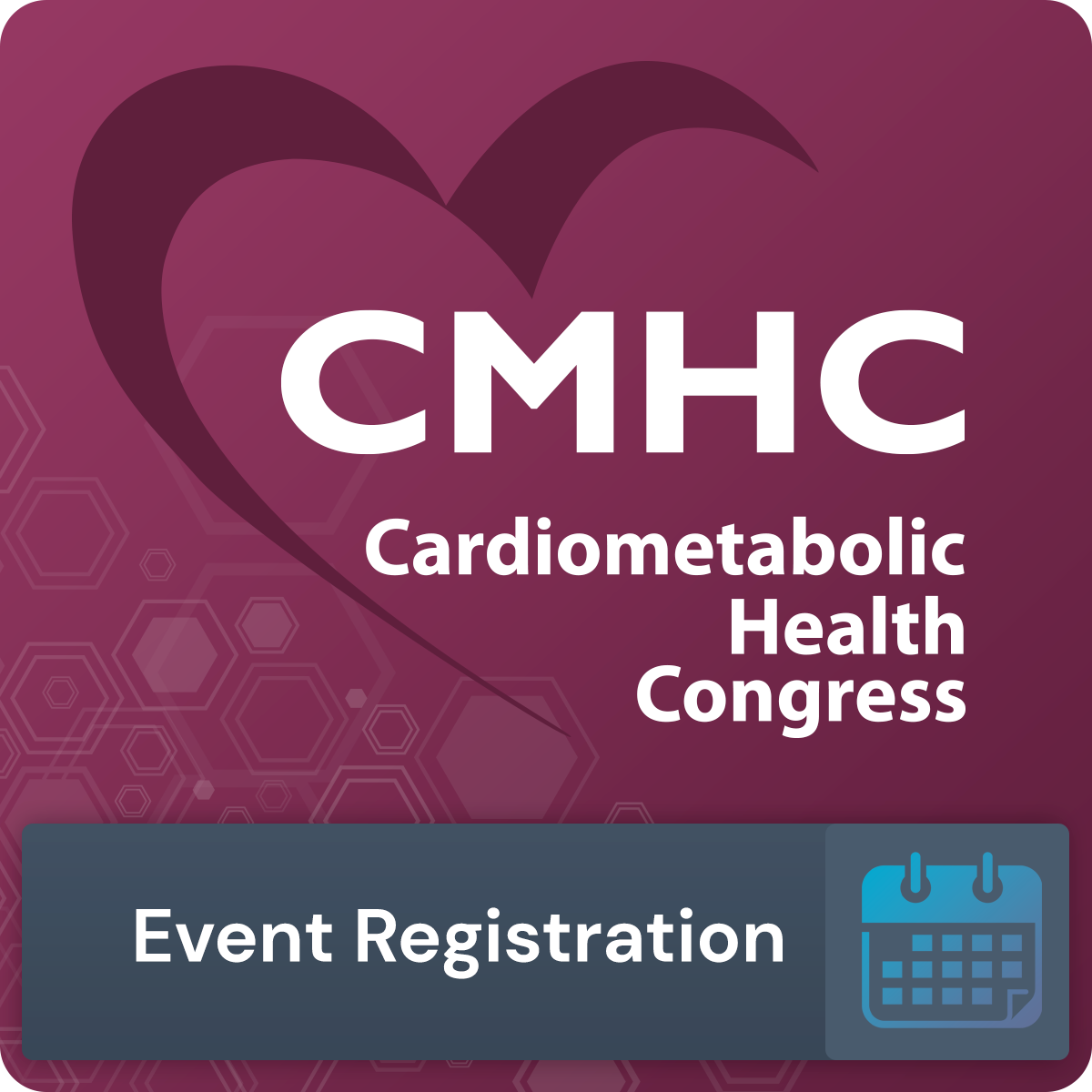
Harmonizing Hearts: Integrative Cardiology Approaches

Harmonizing Hearts: Integrative Cardiology Approaches
In the realm of cardiology, integrative approaches are gaining recognition for their holistic and patient-centered strategies. Explore the principles, benefits, and diverse practices within integrative cardiology, a field that harmonizes traditional cardiovascular care with complementary and lifestyle interventions.
Defining Integrative Cardiology: A Holistic Heart Perspective
Integrative cardiology combines conventional cardiovascular medicine with evidence-based complementary therapies. This approach recognizes the interconnectedness of physical, emotional, and lifestyle factors in heart health. Integrative cardiologists aim to address not only symptoms but also underlying imbalances and contributing factors, promoting overall well-being.
Nutrition and Heart Health: Fueling Vitality
A cornerstone of integrative cardiology is the emphasis on nutrition as a powerful tool for heart health. Dietary interventions focus on promoting heart-healthy foods, such as fruits, vegetables, whole grains, and lean proteins, while minimizing processed and inflammatory foods. Nutrient-dense diets contribute to cholesterol management, blood pressure regulation, and overall cardiovascular support.
Mind-Body Connection: Stress Reduction for Heart Harmony
Integrative cardiology recognizes the impact of stress on heart health and incorporates mind-body practices to manage stress. Techniques like meditation, yoga, and deep breathing exercises not only foster emotional well-being but also positively influence blood pressure, heart rate variability, and other cardiovascular parameters.
Physical Activity: Moving Towards Cardiovascular Fitness
Regular exercise is a fundamental component of integrative cardiology. Tailored exercise plans consider individual health status and preferences, aiming to enhance cardiovascular fitness. Physical activity supports weight management, improves blood circulation, and contributes to overall heart health.
Supplements and Herbal Support: Nurturing Cardiovascular Wellness
Integrative cardiologists may integrate targeted supplements and herbal remedies to support heart health. Omega-3 fatty acids, coenzyme Q10, and certain herbs like hawthorn are among the options explored for their potential cardiovascular benefits. These interventions are personalized based on individual health needs and goals.
Cholesterol Management: A Comprehensive Approach
Integrative cardiology takes a comprehensive approach to cholesterol management, incorporating dietary strategies, lifestyle modifications, and, when necessary, conventional medications. The goal is not only to lower cholesterol levels but also to address the factors contributing to imbalances and support overall cardiovascular health.
Blood Pressure Regulation: Balancing the Flow
Blood pressure regulation is a focal point in integrative cardiology. Lifestyle modifications, including dietary changes, stress management, and exercise, are emphasized to support optimal blood pressure levels. Integrative approaches aim to address the root causes of hypertension and promote long-term cardiovascular well-being.
Holistic Risk Assessment: Beyond Numbers and Charts
Integrative cardiology extends beyond conventional risk assessments that focus solely on numerical indicators. It considers individual health histories, genetics, lifestyle factors, and patient preferences to create personalized risk profiles. This holistic approach enables a more comprehensive understanding of cardiovascular health.
Patient Empowerment: Partnering in Heart Care
A distinctive aspect of integrative cardiology is the emphasis on patient empowerment. Integrative cardiologists collaborate with patients to co-create personalized care plans. This partnership involves educating individuals about their heart health, involving them in decision-making, and fostering a sense of responsibility for their well-being.
Exploring Integrative Cardiology: Your Heart’s Harmony Journey
For those interested in exploring the principles and practices of integrative cardiology, imexassociates.com serves as a valuable resource. Embark on a journey to discover insights, connect with a community dedicated to heart health, and explore integrative approaches that harmonize traditional and complementary cardiovascular care.
In conclusion, integrative cardiology represents a paradigm shift in cardiovascular care, acknowledging the importance of addressing the whole person for optimal heart health. By integrating nutrition, mind-body practices, exercise, and personalized interventions, integrative cardiology strives to harmonize hearts and foster a comprehensive approach to cardiovascular well-being.







